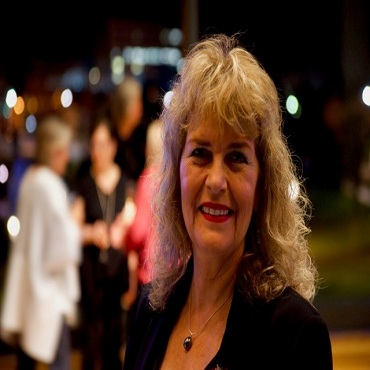Scientific Program

Jill Davidson
Health Planner for VAMED Health Care, Laos
Title: Nursing in the International Context of Developing Countries
Biography:
Jill has had over 25 years’ in Australia and more recently in Asia, as a senior health executive of which 20 years were reporting to hospital and not for profit boards. Currently she was working as Chief Nursing Officer, Chief Operating Officer and Health Planner for VAMED Healthcare Services Asia (Thailand) and working in Vientiane Laos, she was previously CNO at Imperial Hospital, Bangladesh and CEO or CEO/CNO at multiple large and small hospitals and health services in Australia. Jill has a Bachelor of Health Administration, MBA, Ass Dip Accounting, Diploma Corporate Director, Fellowship with Australian College of Health Service Managers and qualifications in general, midwifery and mental health nursing. All skills are now being used in building, commissioning and managing hospitals in developing countries. Jill has held senior positions in the Australasian College of Health Service Managers (ACHSM) and Australian Healthcare & Hospitals Association (AHHA) which she remains a member.
Abstract
Nursing is a profession with many challenges, and we have always known this. It is also a profession of huge alternatives, opportunities for learning and growth. Even though I have been in this profession for over 40 years, I don’t think anything has challenged my abilities, my senses, my patience yet given me a great sense of achievement like being a nursing administrator in developing countries. After having spent the previous 20 years reporting to Boards as a Chief Executive Officer, yet with clinical nursing responsibility in many of those roles, I have now returned to my nursing roots as a Chief Nursing Officer and Chief Operating Officer in several developing countries. Spending 12 months in Bangladesh, 6 months in Thailand and now resident in Laos, my role is multi-faceted; one of building, commissioning and managing hospitals and developing the clinical quality perspective with a vision to lead the hospital to international accreditation. However, when you get down to it, the predominant need is always the clinical need. The need for a hospital to reach accreditation standards, the need to fight for single use device policies and the need to train nurses in basic yet critical skills of hand hygiene, infection control, prevention of antibiotic resistance. This is difficult, yet an amazing experience when the nurses you have influenced become champions as infection control trainers and educators of their patients, their community and their colleagues. Combining my experience as a clinical nurse and a hospital administrator enables me to give back to a community. Having a role in commissioning hospitals and developing clinical and governance systems for communities that need basic health care, health literacy and essential public health measures that for most of those in modern nursing, take for granted, is both a privilege and an adventure.
- Nursing Care
- Registered Nurse & Advanced Practice Registered Nurse (APRN)
- Legal Nurse and Practitioner
- Intensive Care Nursing
- Mental Health, Psychiatrist and Addictions Nursing
- Pediatric Nursing
- Cardiovascular Nursing
- Oncology Nursing
- Community Health Nursing
- Public Health Care

